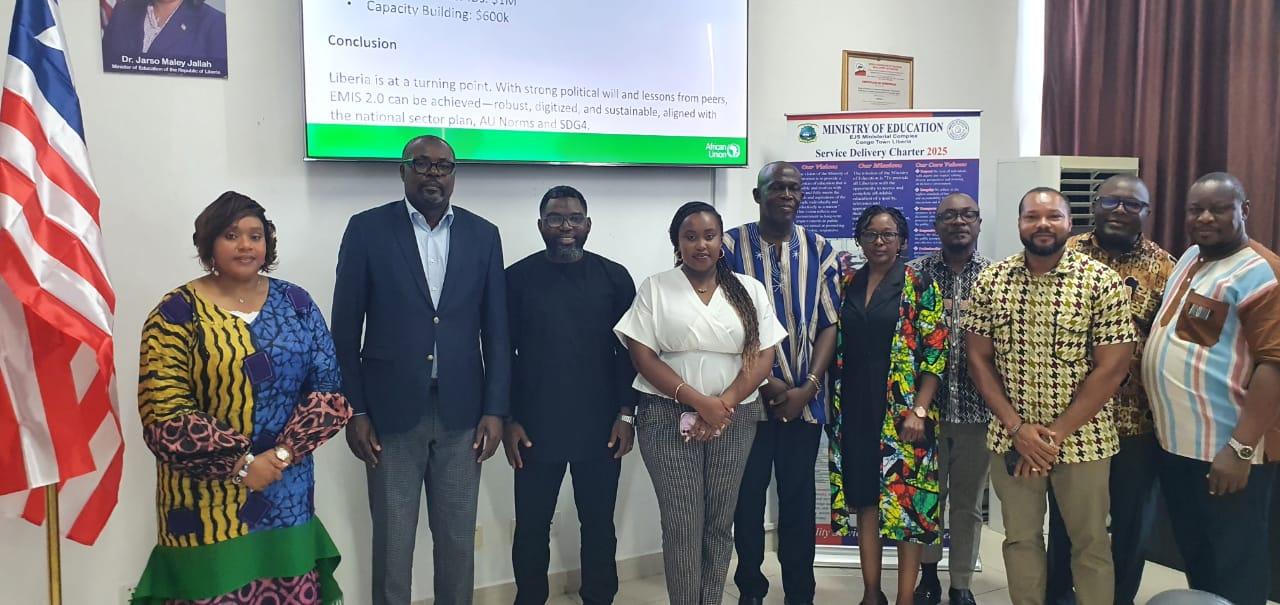Department Resources
July 30, 2025
July 18, 2025
Science, Technology and Innovation Strategy for Africa STISA 2034
"Driving Africa's Future"
June 16, 2025
AFRICAN CONTINENTAL TVET STRATEGY 2025-34
Sustainable Development, Social Justice and Employability for All
June 16, 2025
September 19, 2020
The African Union Commission (AUC) envisions “an integrated continent that is politically united based on the ideals of Pan Africanism an
June 24, 2020
Highlights of the cooperation with the GIZ-project “Support to the African Union on Migration and Displacement”
June 24, 2020
Violent extremism is a global issue.
October 02, 2025
February 10, 2022
Agenda 2063 is Africa’s development blueprint to achieve inclusive and sustainable socio-economic development over a 50-year period.
September 30, 2025
September 30, 2025
In line with the Africa Regional Strategy for Disaster Risk Reduction
November 2017
September 10, 2025


